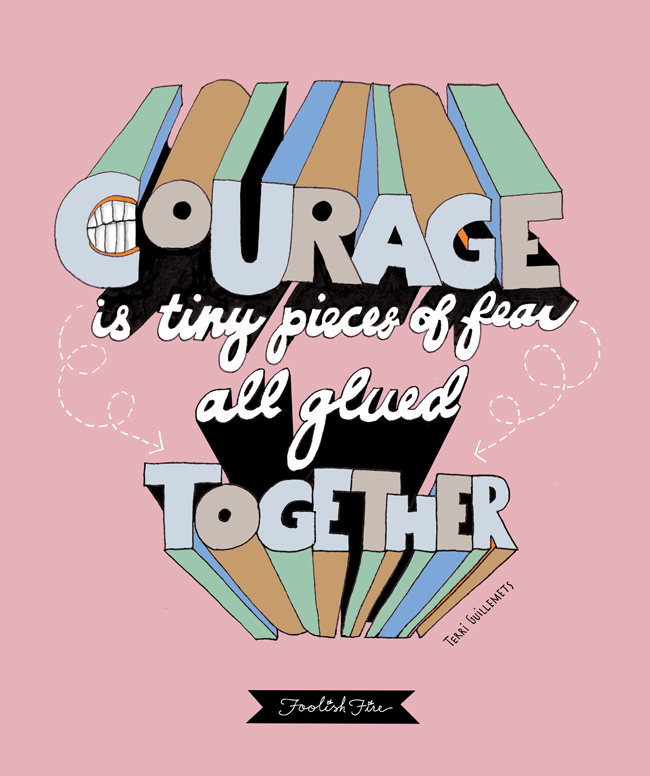


The researchers delivered parent interventions, and the students who showed the most growth had parents who embraced a growth mindset. Nurturing a Growth Mindset in Kids & Studentsįirst and foremost, to nurture a growth mindset in others, it is important for educators or guardians to have a growth mindset themselves.Īndersen and Nielsen (2016) assert that parents’ fixed mindsets could prohibit children’s scholastic performance, particularly in reading. Instead of viewing challenges as obstacles, we can view them as opportunities for growth. Both involve moving negative thoughts into more positive thoughts and retraining the brain’s metacognitive thinking. Working toward a growth mindset shares the same premise as Cognitive-Behavioral Therapy (CBT). Instead, children with a growth mindset say, “I may not be able to do it, yet,” “This is hard, but I will try,” and “I can learn how to do this!” Phrases like, “I can’t do it,” “I’m just not good at this,” and “This is too hard” are not a part of their vernacular. They often see challenges as an opportunity to learn and grow. It is also important to teach children that kids with a growth mindset have a “can do” attitude. Just like when you lift weights, when you exercise your brain, it will get bigger and stronger. It may help to explain that the brain is like a muscle. You are born with your knowledge and skills and cannot get smarter. It is believing that you cannot learn new things.

You are not born smart you become smart.Ī fixed mindset is quite the opposite. Simply put, a growth mindset is believing that your brain can grow and you can learn many new things. Growth vs Fixed Mindset: Definition for Kids 7 Questions to Ask Children and Students.8 Best Growth Mindset Activities for Children.Nurturing a Growth Mindset in Kids & Students.Growth vs Fixed Mindset: Definition for Kids.These creative, science-based exercises will help you learn more about your values, motivations, and goals, and will give you the tools to inspire a sense of meaning in the lives of your clients, students, or employees. Read on for ideas to foster a growth mindset in children that can be applied in a classroom or at home.īefore you continue, we thought you might like to download our three Meaning and Valued Living Exercises for free. Teachers concur on the importance of a growth mindset in children however, many are unaware of how to nurture this mindset or implement the theory in their teaching (Boylan, Barblett, & Knaus, 2018). Children with a growth mindset outperform those with a fixed mindset and are more likely to bounce back from failures (Schroder et al., 2017). Why is it important to foster this mindset in children?Ī growth mindset can encourage a passion for learning and an ease in facing new challenges. These are all potential products of a growth mindset.


 0 kommentar(er)
0 kommentar(er)
